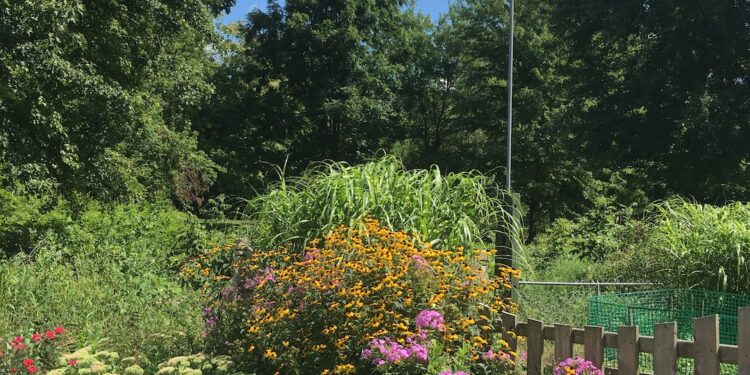Creating a Sustainable Garden: Tips for Water Conservation and Eco-friendly Practices
Gardening is a beautiful and rewarding hobby, but it’s important to be mindful of our environmental impact when tending to our plants. By adopting water conservation practices and eco-friendly techniques, you can create a sustainable garden that not only supports the ecosystem but also saves water and reduces your carbon footprint. In this blog post, we will explore various tips for water conservation and eco-friendly practices to help you create a more sustainable garden.
1. Collect rainwater: Rainwater is a valuable resource for your garden. Set up a rain barrel or a larger rainwater harvesting system to collect rainwater from your roof. You can then use this water to irrigate your plants during dry spells, reducing your reliance on the municipal water supply.
2. Mulch: Applying mulch to the soil around your plants helps retain moisture by reducing evaporation. It acts as a protective layer, keeping the soil cool and preventing weed growth that competes for water. Use organic mulch such as wood chips, straw, or compost to provide nutrients to the soil as it breaks down.
3. Drip irrigation: Drip irrigation systems are highly efficient and targeted. They deliver water directly to the root zone of the plants, reducing water loss due to evaporation and runoff. Install a drip irrigation system in your garden, or use soaker hoses to deliver water slowly and effectively.
4. Plant native and drought-tolerant species: Choose plants that are well-suited to your local climate and require less water. Native plants have adapted to the conditions of their natural environment and typically require less water once established. Drought-tolerant species, such as succulents and Mediterranean herbs, can withstand long periods of dryness without wilting.
5. Group plants with similar water needs: By grouping plants with similar water requirements together, you can avoid overwatering or underwatering certain plants. This practice is known as hydrozoning and ensures that each plant receives the right amount of water without wastage.
6. Use graywater: Graywater, the lightly used water from sinks, showers, and laundry, can be recycled and used in the garden. Install a graywater system that diverts this water to irrigate your plants, reducing the strain on freshwater resources.
7. Compost: Composting organic waste is an excellent way to improve the health and water-holding capacity of your soil. Mixing compost into the soil helps retain moisture and minimizes the need for frequent watering. Additionally, composting diverts waste from landfills and reduces greenhouse gas emissions.
8. Avoid chemical pesticides and fertilizers: Chemical pesticides and synthetic fertilizers can have detrimental effects on water quality and soil health. Opt for organic alternatives or try natural pest control methods, such as companion planting or introducing beneficial insects that prey on pests.
9. Encourage beneficial wildlife: Invite beneficial wildlife into your garden by providing food, water, and shelter. Bees, butterflies, and birds are important pollinators and help maintain a balanced ecosystem. Install bird feeders, bird baths, and native flowering plants to attract these creatures and create a thriving eco-system.
10. Practice proper maintenance: Regularly maintain your garden by monitoring its water needs and promptly fixing any leaks or irrigation issues. Inspect your water hoses, taps, and irrigation systems for leaks and ensure they are working efficiently. Timely maintenance saves water and prevents water wastage.
Creating a sustainable garden is both an environmentally responsible choice and a fantastic way to contribute positively to your local ecosystem. By implementing water conservation practices and eco-friendly techniques, you can reduce your water usage and create a garden that flourishes without harming the environment. Start incorporating these tips into your gardening routine, and watch your sustainable garden thrive while doing its part in preserving our precious resources.














